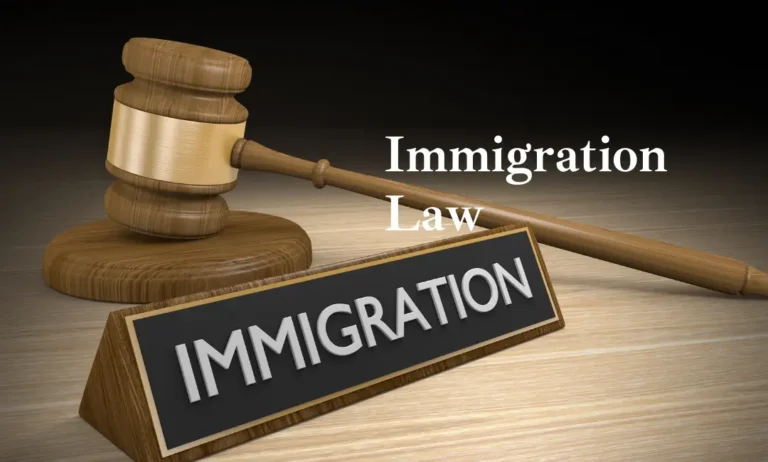Home-Based Business Insurance
Running a home-based business offers many advantages, such as flexibility, lower overhead costs, and a comfortable working environment. However, it also presents unique risks that can threaten your livelihood. This comprehensive guide will help you understand the importance of home-based business insurance, the types of coverage available, and how to choose the right policy to protect your business.

Why You Need Home-Based Business Insurance
1. Protection Against Property Damage
Homeowners’ insurance typically does not cover business-related property. Home-based business insurance ensures your equipment, inventory, and workspace are protected against risks such as fire, theft, and natural disasters.
2. Liability Coverage
If a client or delivery person is injured on your property, you could be held liable. Home-based business insurance provides liability coverage to protect you against legal claims and medical expenses.
3. Business Interruption Coverage
If a covered event, such as a fire or natural disaster, forces you to temporarily close your business, this coverage helps replace lost income and covers ongoing expenses until you can resume operations.
4. Professional Liability Coverage
Also known as errors and omissions insurance, this coverage protects you against claims of negligence or mistakes in your professional services.
5. Data Breach Coverage
If your business handles sensitive customer information, data breach coverage can help cover the costs associated with a cyber attack, including notification expenses, legal fees, and credit monitoring for affected customers.
Types of Home-Based Business Insurance
1. General Liability Insurance
This coverage protects against claims of bodily injury, property damage, and personal injury (e.g., libel or slander) that occur on your business premises or as a result of your business operations.
2. Commercial Property Insurance
This policy covers damage to your business property, including equipment, inventory, and furniture, due to events like fire, theft, or vandalism.
3. Business Owner’s Policy (BOP)
A BOP combines general liability and commercial property insurance into one package, often at a lower cost than purchasing each policy separately. It may also include business interruption coverage.
4. Professional Liability Insurance
This coverage is essential for service-based businesses, protecting against claims of negligence, errors, or omissions in your professional services.
5. Product Liability Insurance
If your business manufactures or sells products, this insurance covers you against claims of injury or damage caused by your products.
6. Homeowners Policy Endorsement
Some insurers offer endorsements to your existing homeowners policy to cover limited business property and liability. This can be a cost-effective option for very small businesses with minimal risk.
7. Commercial Auto Insurance
If you use a vehicle for business purposes, commercial auto insurance provides coverage for accidents, injuries, and damages involving your business vehicle.
Factors Affecting Home-Based Business Insurance Rates
1. Type of Business
The nature of your business activities significantly impacts your insurance rates. Higher-risk businesses, such as those involving physical products or client visits, may face higher premiums.
2. Business Location
Your geographical location and the specific area of your home where your business operates can influence your insurance costs.
3. Coverage Limits
Higher coverage limits typically result in higher premiums. Assess your business needs to determine the appropriate level of coverage.
4. Claims History
A history of frequent claims can increase your insurance rates. Maintaining a good claims history can help keep your premiums lower.
5. Security Measures
Installing security systems, fire alarms, and other safety measures can reduce your insurance costs by minimizing risks.
Tips for Choosing the Right Home-Based Business Insurance
1. Assess Your Risks
Identify the specific risks associated with your business and choose coverage that addresses those risks comprehensively.
2. Compare Quotes
Obtain quotes from multiple insurance providers to compare coverage options and pricing. Look for insurers with experience in home-based business insurance.
3. Read the Fine Print
Carefully review policy terms, conditions, and exclusions to ensure you understand what is covered and what is not.
4. Consider a BOP
A Business Owner’s Policy can provide comprehensive coverage at a lower cost by bundling multiple policies into one.
5. Consult an Insurance Agent
An experienced insurance agent can help you navigate the complexities of home-based business insurance and find the best policy for your needs.
Conclusion
Home-based business insurance is essential for protecting your entrepreneurial venture from unexpected risks. By understanding the types of coverage available and carefully assessing your business needs, you can choose the right insurance policy to safeguard your business and ensure its continued success. Investing in comprehensive coverage not only provides peace of mind but also contributes to the stability and growth of your home-based business.





